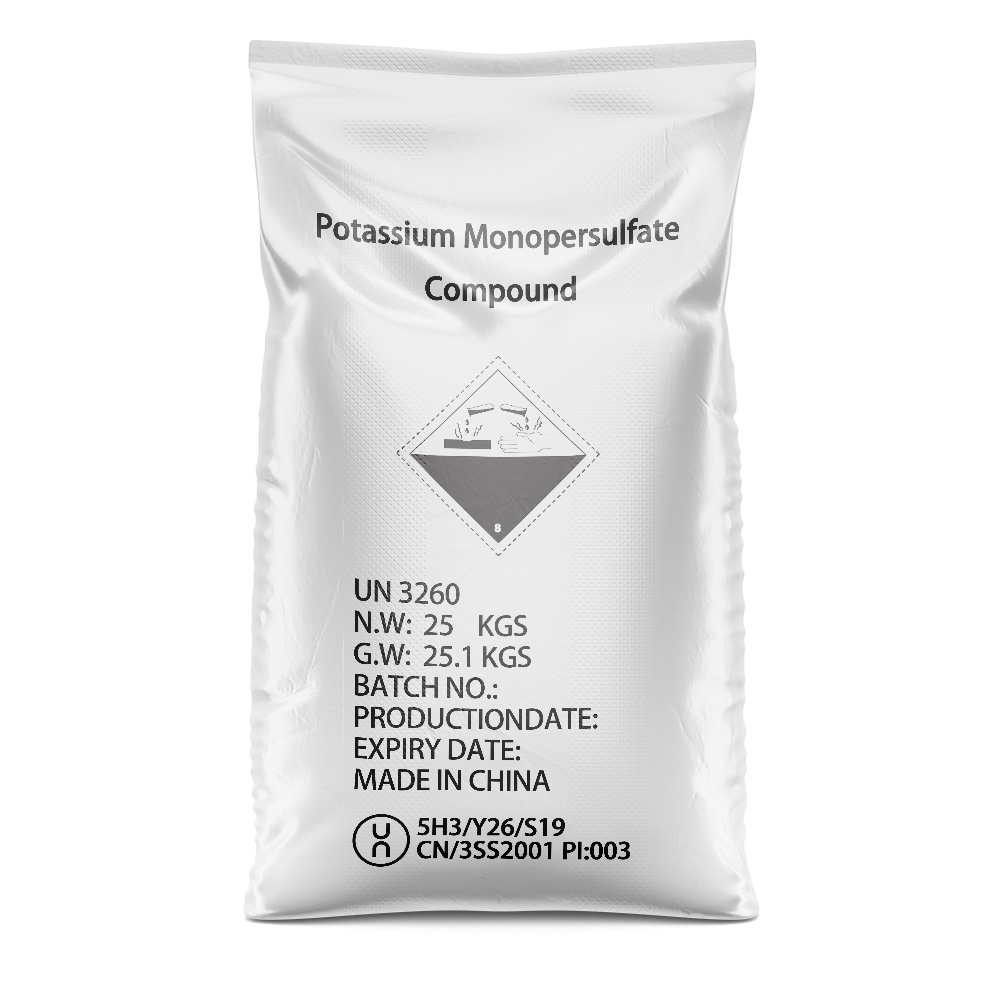



Chemicals for Optimal Boiler Feed Water Treatment and Maintenance
The Importance of Boiler Feed Water Chemicals
Boilers play a crucial role in many industrial processes, generating steam for heating, power generation, and various manufacturing processes. However, the efficiency and longevity of these systems depend significantly on the quality of the feed water used. This is where boiler feed water chemicals come into play. These chemicals are essential for maintaining water quality, preventing corrosion, scaling, and other detrimental effects that could compromise boiler performance and safety.
Understanding Boiler Feed Water
Boiler feed water is the water supplied to a boiler to produce steam. This water can come from various sources, including surface water, ground water, or municipal water supplies. Regardless of the source, the feed water must be treated and conditioned to meet specific standards before entering the boiler. Poor quality feed water can lead to several issues, including inefficient heat transfer, reduced energy efficiency, and increased operational costs due to maintenance and repairs.
Common Issues with Boiler Feed Water
1. Corrosion Corrosion is one of the most significant threats to boiler systems. When feed water contains dissolved oxygen or carbon dioxide, it can lead to corrosion of metal components within the boiler. This deterioration can weaken structural integrity, leading to costly repairs and unscheduled downtime.
2. Scaling Hard water contains minerals like calcium and magnesium, which can precipitate when heated. This results in scale formation on the boiler's heat transfer surfaces, further reducing efficiency and leading to potential overheating and failure.
3. Foaming and Carryover Certain impurities in the feed water can cause foaming, which may lead to steam carryover. This means water droplets could end up in the steam, causing issues in downstream processes and potentially damaging equipment.
4. Alkalinity and pH Levels The pH level of the feed water is critical for maintaining the proper operational environment in a boiler. Too much alkalinity or acidity can affect corrosion rates and deposit formation.
boiler feed water chemicals

Role of Boiler Feed Water Chemicals
To combat these issues, various chemicals are used in the treatment of boiler feed water
1. Oxygen Scavengers These chemicals, such as hydrazine and sodium sulfite, remove dissolved oxygen from the water to prevent corrosion. By converting harmful oxygen into harmless substances, oxygen scavengers protect the metal surfaces within the boiler.
2. Scale Inhibitors Phosphate-based treatments and polymer compounds act as scale inhibitors. They bind with calcium and magnesium in the feed water, preventing the formation of scale and ensuring efficient heat transfer.
3. pH Control Agents Chemicals such as caustic soda (sodium hydroxide) and sodium bicarbonate are used to adjust and maintain the pH level of the feed water. Keeping the pH at optimal levels helps mitigate corrosion and improve the overall performance of the boiler.
4. Sludge Conditioners These are used to manage the solids that accumulate in the boiler. By conditioning the sludge, these chemicals help ensure that it remains suspended and can be easily removed during blowdown operations.
5. Biocides In systems where water and organic matter can promote microbial growth, biocides help prevent the proliferation of harmful bacteria that can lead to sludge formation and corrosion.
Conclusion
In summary, the role of boiler feed water chemicals cannot be overstated. They are integral to ensuring the efficient and safe operation of boiler systems. By addressing key issues such as corrosion, scaling, and pH control, these chemicals help maintain the longevity and reliability of boilers, thereby reducing maintenance costs and improving energy efficiency. Industries relying on steam production must prioritize the quality of their boiler feed water and the appropriate treatment chemicals to achieve optimal results and sustain operational excellence. As technology advances, the formulation of boiler feed water chemicals continues to evolve, benefiting from more sophisticated science to further enhance boiler performance and reliability.
-
Why Sodium Persulfate Is Everywhere NowNewsJul.07,2025
-
Why Polyacrylamide Is in High DemandNewsJul.07,2025
-
Understanding Paint Chemicals and Their ApplicationsNewsJul.07,2025
-
Smart Use Of Mining ChemicalsNewsJul.07,2025
-
Practical Uses of Potassium MonopersulfateNewsJul.07,2025
-
Agrochemicals In Real FarmingNewsJul.07,2025
-
Sodium Chlorite Hot UsesNewsJul.01,2025










